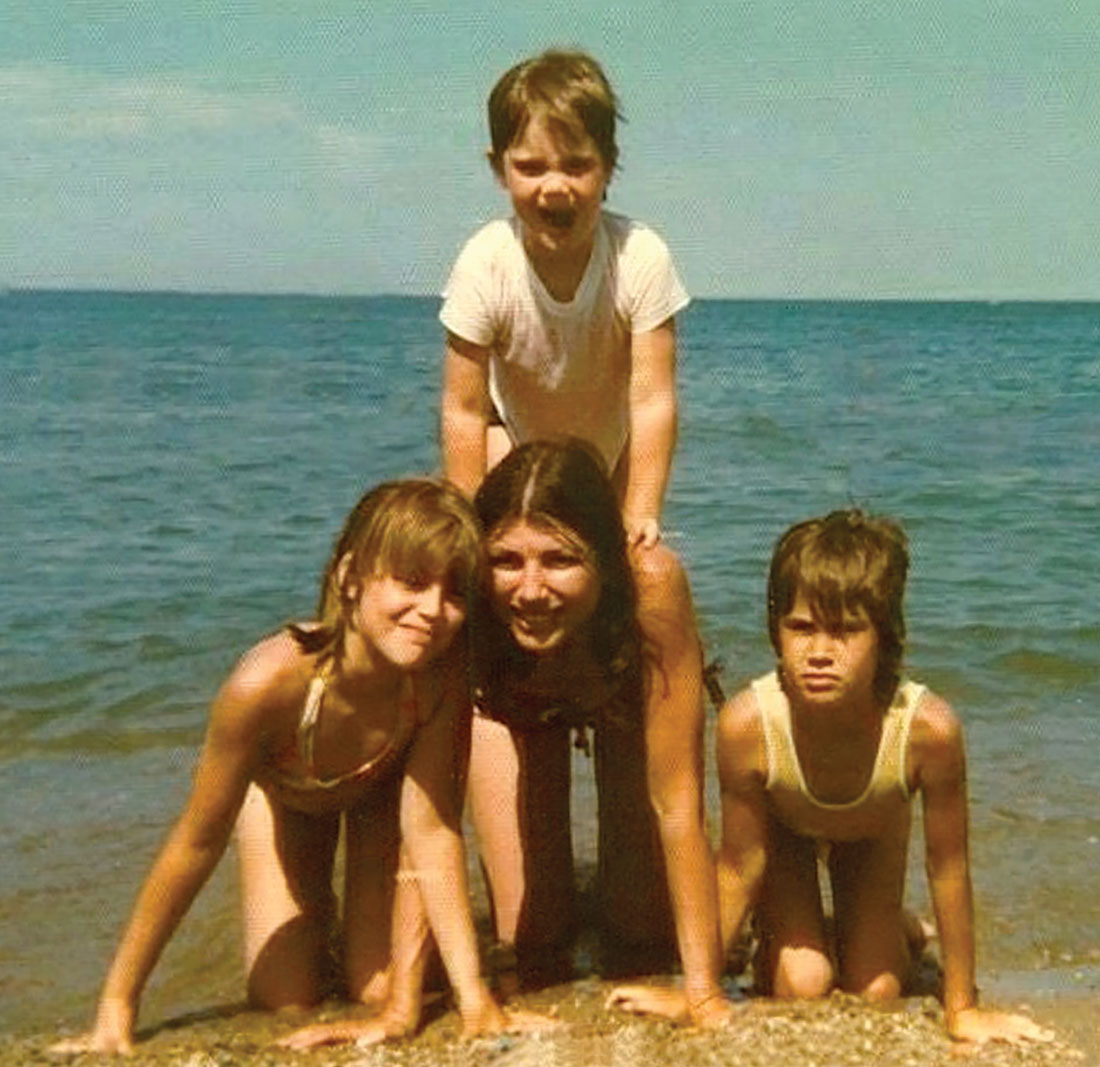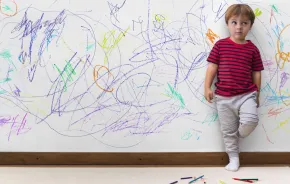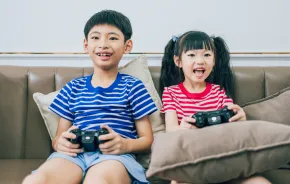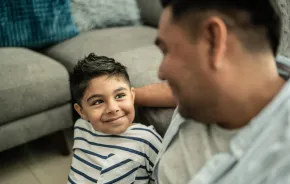
My family of origin moved a lot when I was growing up (six times from kindergarten to sixth grade), but a steadying constant was the stretch of every summer that we spent at my grandparents’ house in Tulsa, Oklahoma.
My two sisters and I listened to my grandmother’s stories, warded off the heat with swims at my aunt’s apartment pool and — best of all — played flashlight tag and many other games with the four boys who just happened to also be visiting their grandparents, who lived next door to ours. Decades later I learned that (of course) our two grandmothers had actually coordinated our visits so we would have playmates.
I love this story not only because it reminds me of the simplicity of a magical childhood memory — kids right next door, ready to play — but also because it reminds me a little of Seattle. After a rain-soaked winter and spring, we are all getting outside and finding our summer friends again. And like my sisters and me, our children (definitely including my 7-year-old only kid) need a little social engineering to help make the dream of an old-school “playborhood” happen.
Creating a “playborhood” (to borrow a term from neighborhood play champion and author Mike Lanza) is just one of the seriously fun topics we cover in this issue devoted to all aspects of kids’ play. In an era when unstructured outdoor play is on the decline; when the lure of the great indoors has never been stronger; and when the evidence has never been more compelling about how critical play is to kids’ health and development, it seemed like a good time to size up our 21st-century playscape.
In this issue, you’ll find out why a play-based curriculum helps the littlest kids learn about perspective, emotional regulation and cooperation. You’ll get excited about the slow rise of European-style adventure playgrounds in the Northwest. And you’ll explore why a little screen time is a good thing and find out what type of video games leverage the power of play most fully.
Finally, it turns out even some of parenting’s most challenging moments can be solved with fun and games. Psychologist Lawrence Cohen, author of Playful Parenting, builds a case for skipping timeouts and lectures for play.
“Conversation is not at the center of how [kids] connect and form a bridge with someone else,” he says. “There’s basic primal affection and love — and there’s play.”











